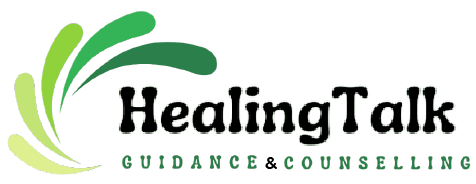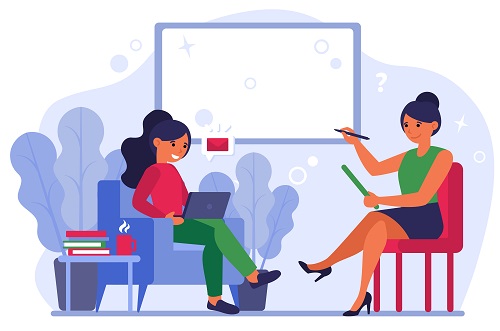Educational counselling refers generally to providing assistance and guidance to students in making right choices about:
(i) Educational plans
(ii) Career Aspirations
(iii) Choice of stream i.e. arts, science or Commerce etc.
(iv) Specialization in a particular subject.
(v) Selection of college or university as per their interest and preferences.
Educational counselling falls broadly in three core categories:
(i) Educational Guidance and Counselling (ii) Vocational Counselling and (iii) Career Counselling.
Need for Educational Counselling:
(1) At school: The students in class 9 to 11 may need to select the specific stream i.e. arts, science, commerce etc. which they should choose according to their aptitude and interest. Counselling is desperately needed by a student at this stage. Often, they choose one stream and are not satisfied with it, and need counselling this juncture.
(2) Need for ascertaining the interest: Many students are not clear what interests they have and are unable to work out their choices. They need psychometric tests to analyse their interests as they are confused between different interests.
(3) New career options evolving continuously: These days new career options are evolving frequently and new fields of education corresponding to those careers are also evolving. There is need for the students to become conversant with these options, and the educational counsellor becomes important in this scenario.
(4) Need for hands-on exposure: Theoretical Knowledge about various fields of study or vocation may not be enough for a student to make a right choice about the subject he should study or the vocation he should plan to pursue. A hands-on exposure can be very beneficial at this stage and an educational counselor can clarify all the doubts of a student during the course of such exposure. Trips can be organized by educational counsellor to visit industries, medical colleges, factories, engineering colleges and the like institutions to enable a student to gain knowledge about these vocations to further enable him to make right choices.
(5) One size does not fit all: There is often some pressure on the student to aspire to become a doctor or engineer. Parents and peers prompt the child to choose either of these two without realizing that every individual is unique in his own way and possesses different capabilities. There is a need for educational counsellor to put a bit of confidence into the student so that he can make his own independent choice about further studies and career.
Scope of Educational Counselling:
(1) Educational scope: As we know, education is very important for the proper and all round development of every citizen. A student often goes through a state of confusion when choosing the subjects of study, particularly in 9 to 11th standard. While the parents would expect him to choose science subjects so that he may become a doctor or engineer, the student himself may have scant interest in study of science subjects. He is also unsure about his own interests, aptitudes and capabilities. Psychometric tests can be conducted at this stage to ascertain his interests so that he makes a right choice. It is crucial for a student to choose the subjects he is interested in, otherwise it leads to confusion and distress when studying in college or university.
(2) Holistic Individual Development: Educational counselling focuses on all areas of human development. It helps a student in achieving his full potential so far as his personal, psychological, emotional and educational development is concerned. It also helps a student in recognizing the problems he may be facing in any of these spheres, and help him solve the same.
(3) Career Advancement: In the country like India, unemployment is a big problem. There is competition for jobs in every field. Making a right choice at the right time is the key to success so far as job market is concerned. Counselling helps a student in discovering his abilities and potentials. It further enables him to work on these abilities and turn them into marketable skills for the job market. Not only getting an appropriate job, counselling may also help in giving right direction to a student's further endeavors in his profession.
(4) Ascertaining Vocational needs: A person may develop different interests in different phases of his life and may like to switch professions and careers. Counselling can help in discovering all vocational interests of a person and help him in equipping himself to deal with such changed career interests or goals.
(5) Assistance: Apart from dealing with the problems that may arise in future in the educational or professional career of a student, counselling may assist in dealing with his current problems too. Many educational problems confronting a student may be situational problems needing situational solutions, and the educational counsellor may be in the right position to assess such needs and suggest solutions as applicable to the situation at hand.
(6) Adjustments: Counselling may be of great help to a student to adjust with the circumstances and adapt himself to deal with the problems arising time to time in his educational career.
(7) Decision-Making: Educational counselling is an important tool to equip the student to develop the ability of decision-making whenever an important matter needs to be tackled skillfully. It enhances the primary decision-making abilities of the student.



